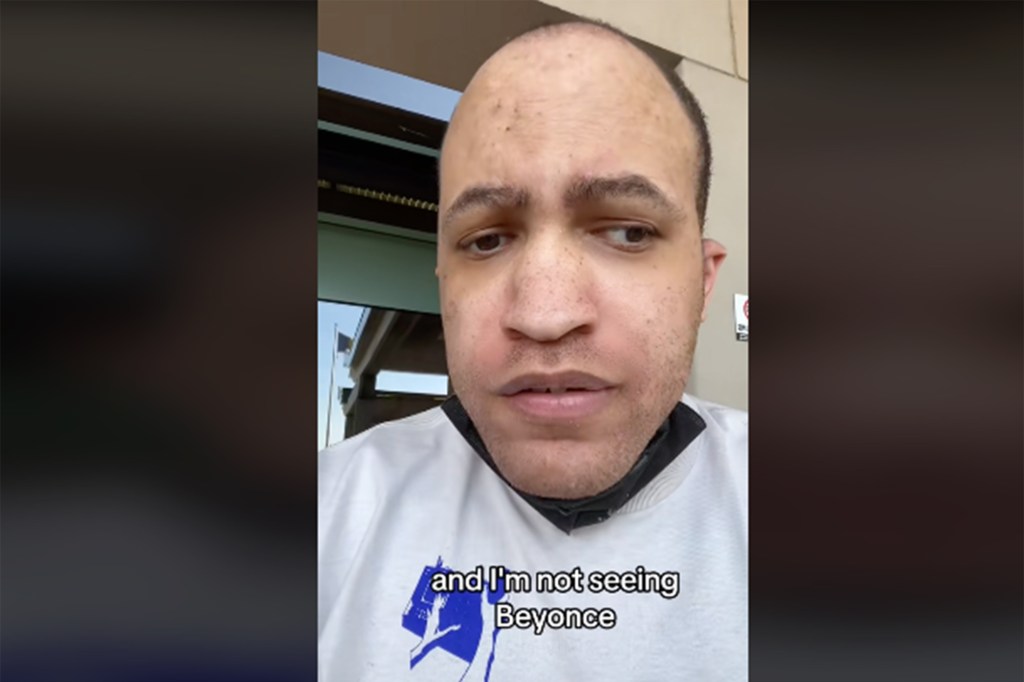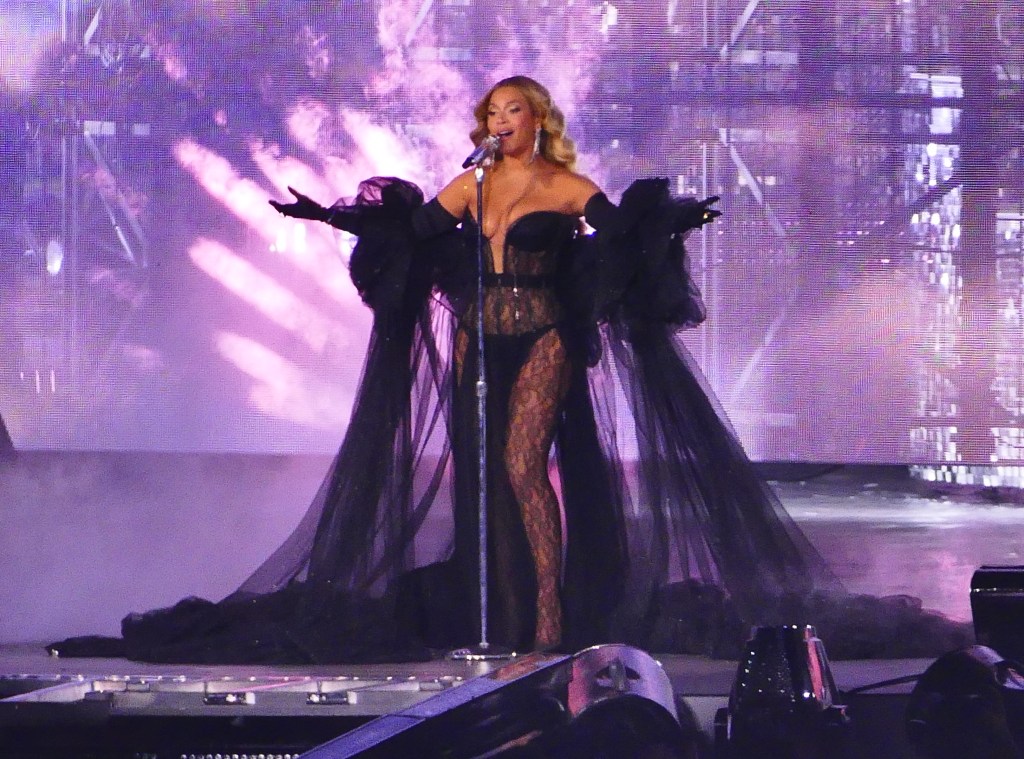Disabled Beyoncé fan misses show after airline says they can’t fit his wheelchair on plane
A die-hard Beyonce fan with cerebral palsy was ready to finally see his favorite artist perform live in Seattle — but missed the show after an airline couldn’t fit his wheelchair on their plane.
Jon Hetherington, of Oregon, bought a ticket to Beyonce’s sold-out “Renaissance World Tour” show at Lumen Field last weekend but was devastated when the Eugene airport said his wheelchair was 4 inches too tall to fly.
“Got to the airport to take my flight and they tell me that my chair is apparently four inches too tall to be loaded on the plane,” Hetherington said in a TikTok video he posted on Thursday.
“So they checked every possible flight, every airline, and nothing is available. So after 25 years of waiting, I’m not seeing Beyonce tonight. So ableism strikes again,” he said.
The clip went viral on social media with more than 88,000 views and Hetherington’s supporters tagged Beyonce and her team. Some even offered up their own tickets in an attempt to get him to a show before the “Crazy in Love” singer’s tour ends.
Soon enough, Queen Bey’s longtime publicist followed him back, leaving many to wonder if Beyonce will help.
“I expected maybe a couple hundred people will see it. And that would be it,” Hetherington told KOMO.
Hetherington, 34, has declined to share the name of the airline in question, saying in a follow-up video that “it’s not just one airline, but all airlines.”

“It’s every facet of our society that we have built to exclude disabled people. That’s the real problem that we need to address here,” he said.
Hetherington said this is not the first time he’s experienced ableism attending concerts. Just two weeks earlier, he was left stranded in Seattle for hours until 1 a.m. after a Janelle Monáe concert.
“I’ve been waiting over an hour because apparently there are no accessible taxis available in all of Seattle,” Hetherington said in another video.

He said he hopes his situation will lead to change when it comes to the treatment of disabled persons.
“I’ve always said unless you yourself are disabled or you directly know somebody that you are very close to, it’s always out of sight, out of mind,” he told Insider.
“We might as well be invisible until society wants us to be an inspiration until there’s like some feel-good story that able-bodied people can read and make themselves feel better,” Hetherington said.
“We never think about the day-to-day challenges. I don’t get to have that luxury. I never have.”
Read the full article Here


